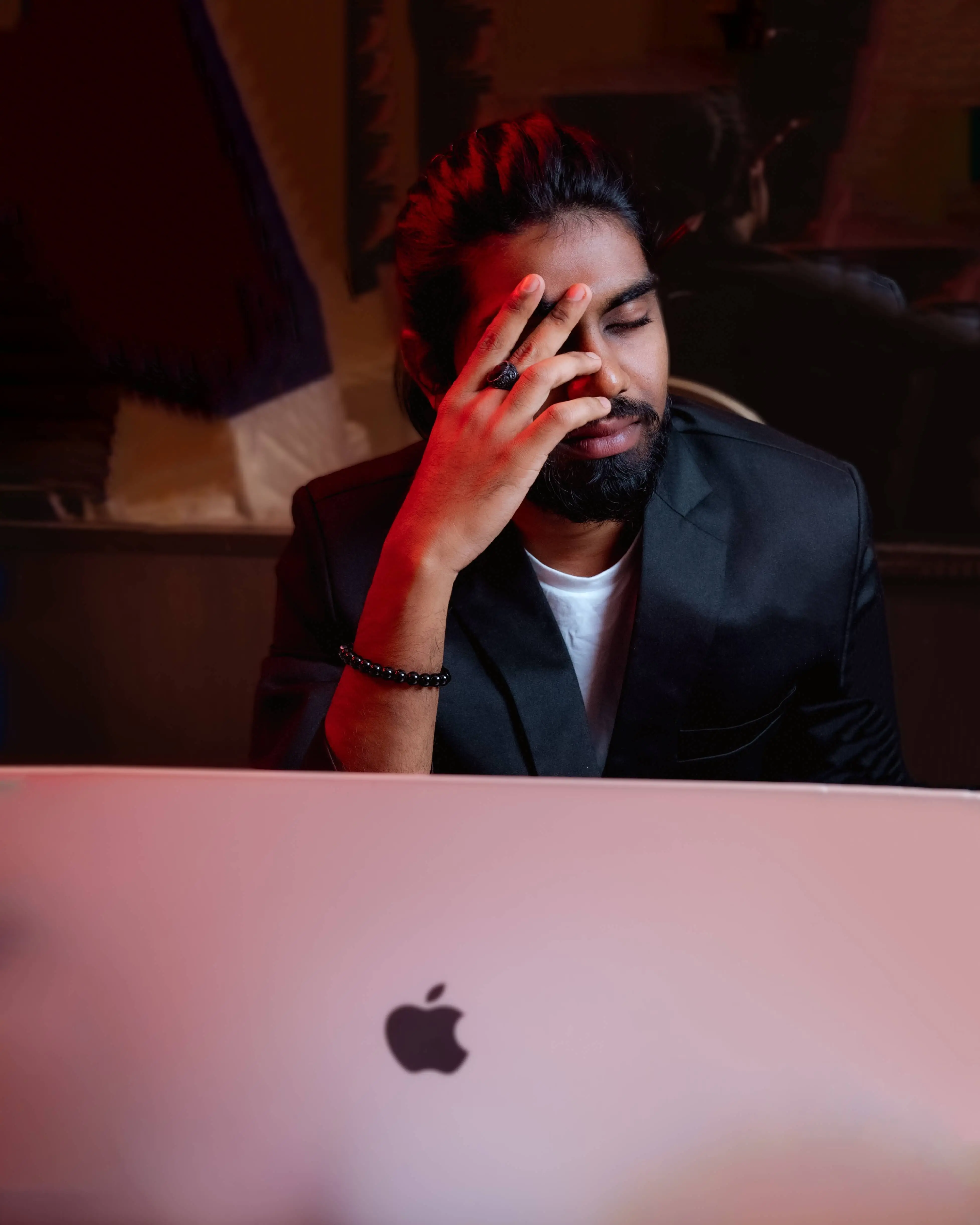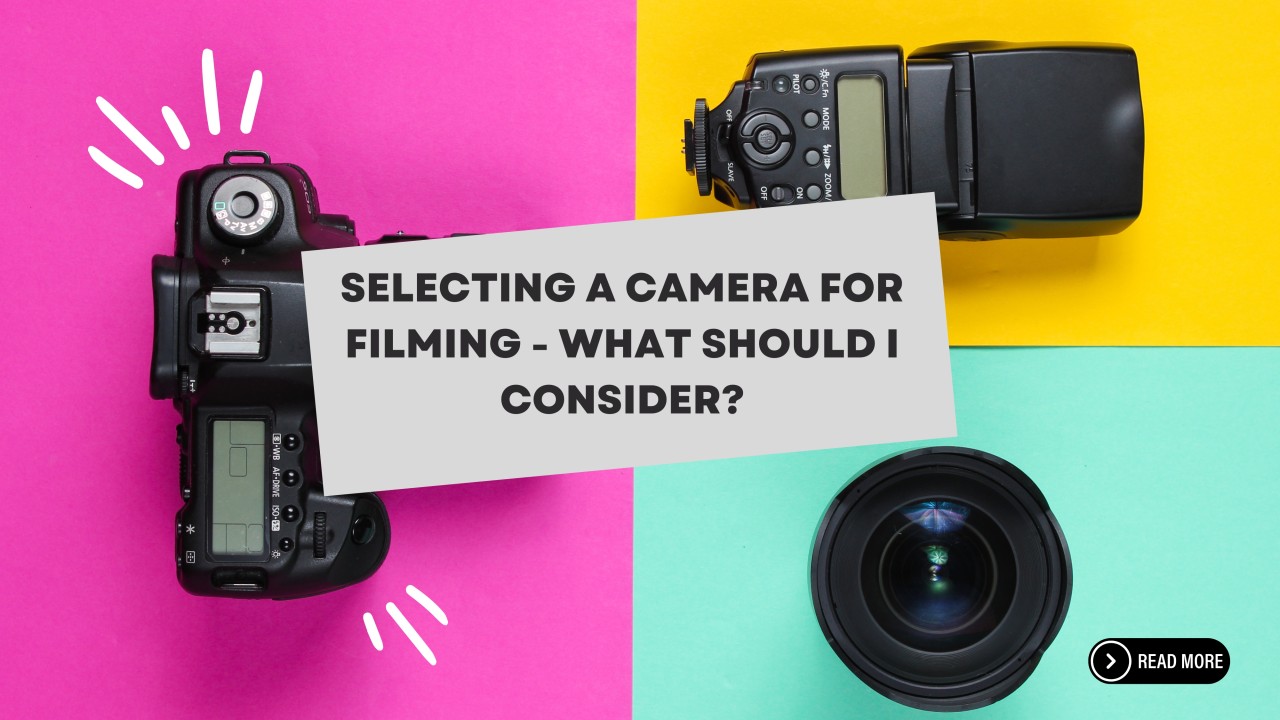 18, march 2024.
18, march 2024.
Selecting a camera for filming - what should I consider?
Choosing the right camera for filming depends on several factors tailored to your specific needs and style. Here's a step-by-step guide to help you make an informed decision:
1. Define Your Needs and Budget:
- Determine the type of content you'll be filming, such as documentaries, narrative films, or vlogs.
- Consider the specific features and capabilities you require, like low-light performance, slow-motion capability, and interchangeable lenses.
- Set a budget range that aligns with your requirements and financial constraints.

2. Consider Camera Types:
- DSLR and Mirrorless Cameras: Versatile options suitable for various filming purposes, offering interchangeable lenses and advanced video features.
- Cinema Cameras: Provide superior image quality and professional-grade features, designed specifically for filmmaking
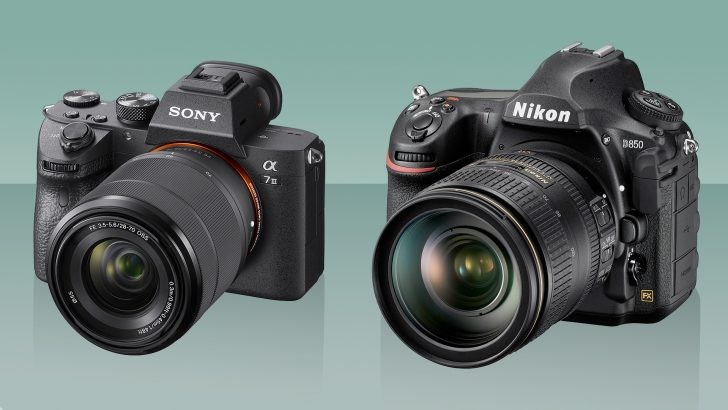
- Camcorders: Ideal for run-and-gun shooting or live events, offering built-in stabilization and long zoom lenses.
- Action Cameras: Compact and rugged, perfect for capturing dynamic footage in challenging environments.
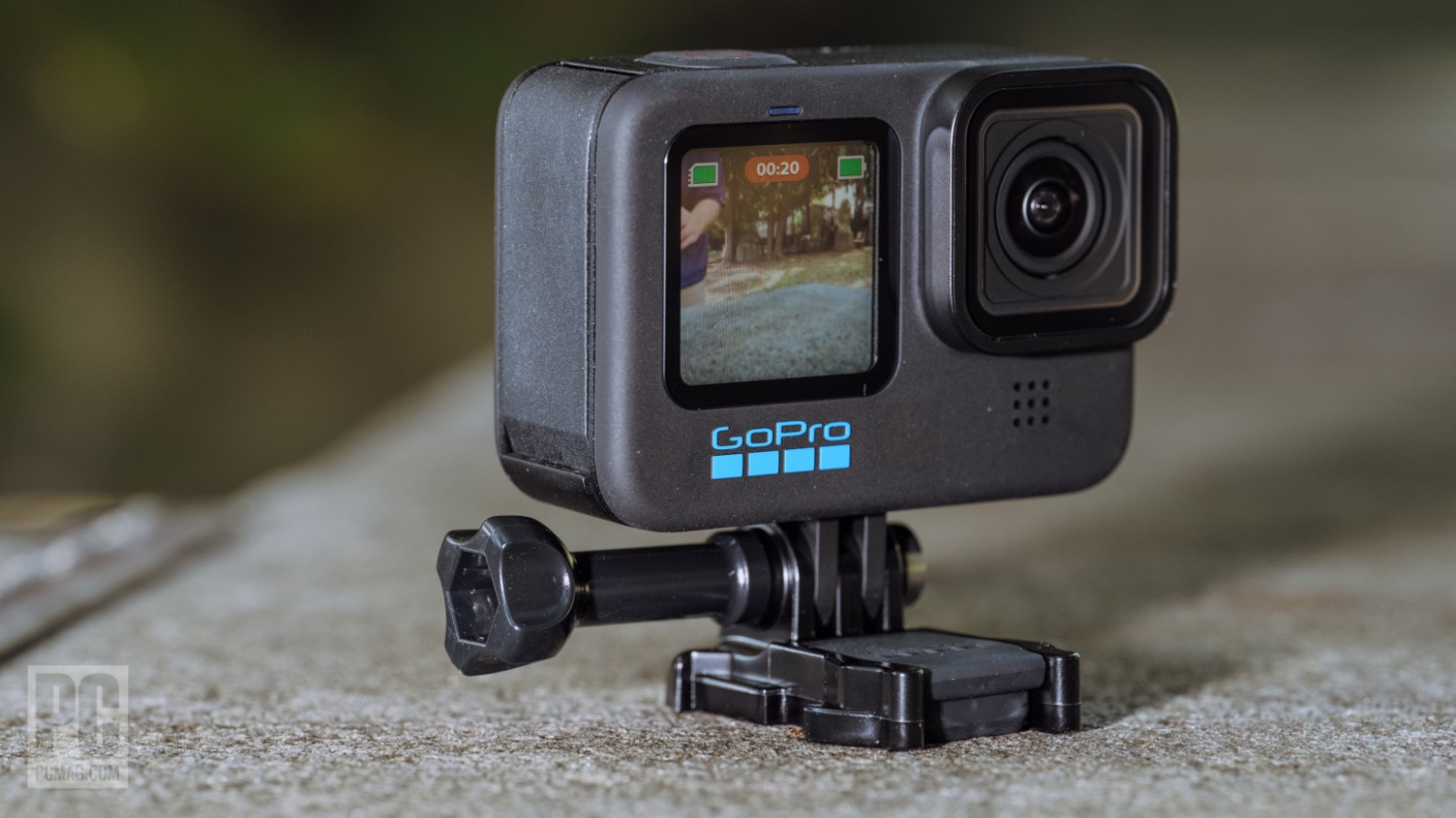
3. Assess Technical Specifications:
- Resolution: Determine your desired resolution based on your delivery format and desired image quality.
- Frame Rate: Consider the camera's maximum frame rate for slow-motion capabilities or achieving a cinematic look.
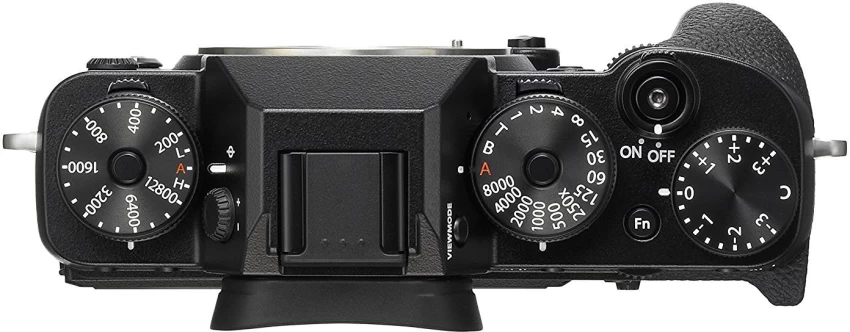
- Sensor Size: Larger sensors typically offer better low-light performance and depth of field control.
- Lens Compatibility: Ensure the camera supports lenses suitable for your filming style.
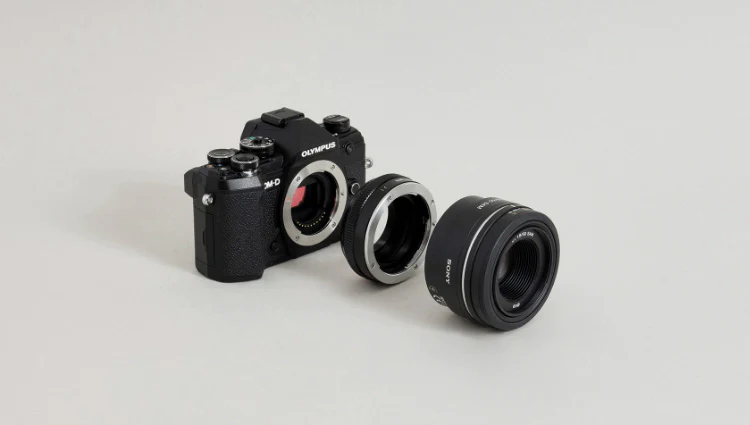
- Image Stabilization: Evaluate the effectiveness of the camera's stabilization system, especially for handheld shooting.
- Audio Inputs: Check for built-in or external microphone inputs for capturing high-quality audio.
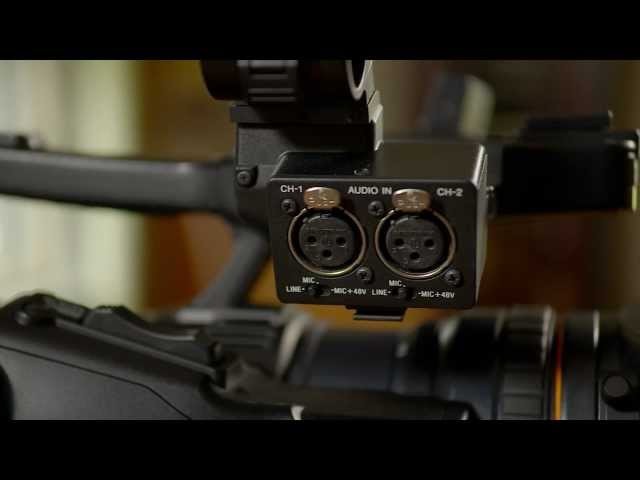
4. Research and Compare:
- Read reviews, watch sample footage, and compare specifications of different camera models.
- Consider factors like ergonomics, battery life, autofocus performance, and user interface.
- Seek recommendations from experienced filmmakers or online communities.
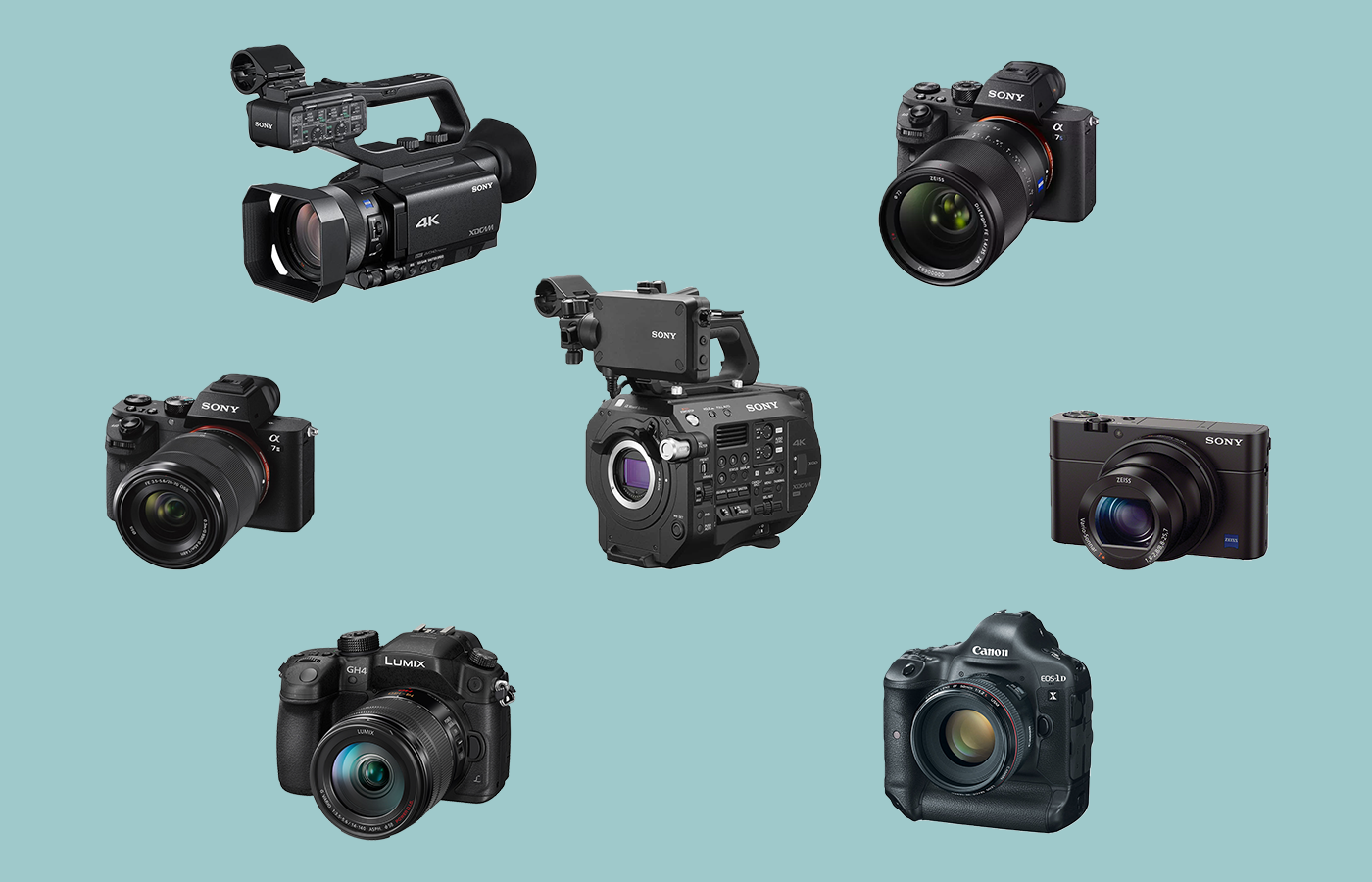
5. Test and Evaluate:
- Visit a camera store to handle different models and test their features firsthand.
- Rent or borrow cameras for test shoots in various conditions.
- Pay attention to image quality, ergonomics, usability, and overall user experience.
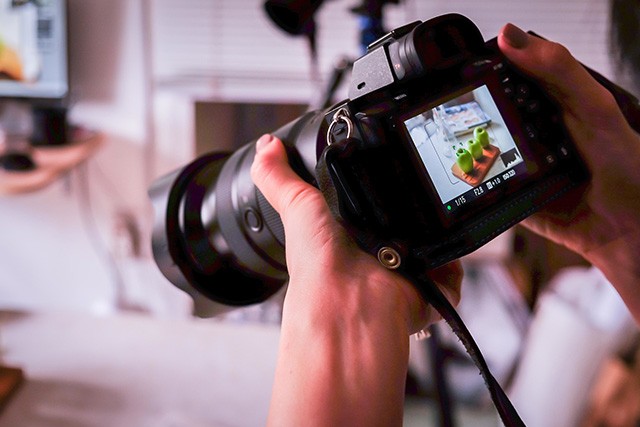
6. Finalize Your Decision:
- Weigh the pros and cons of each camera option, considering long-term compatibility and available accessories.
- Make your selection based on the camera that best meets your needs, budget, and preferences.
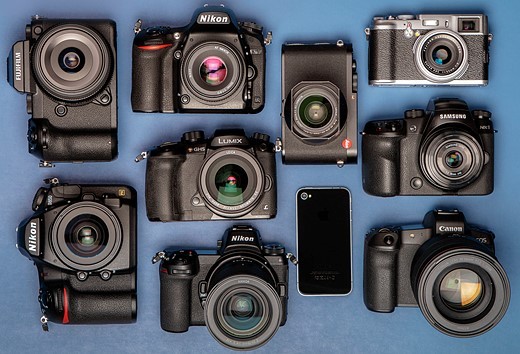
Remember that the best camera for filming ultimately depends on your specific requirements, shooting style, and budget constraints. By carefully considering these factors and conducting thorough research, you can choose a camera that empowers you to bring your creative vision to life effectively.

